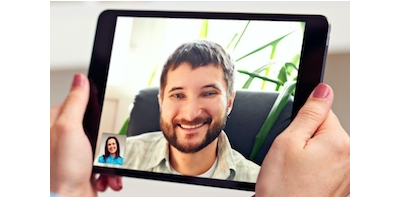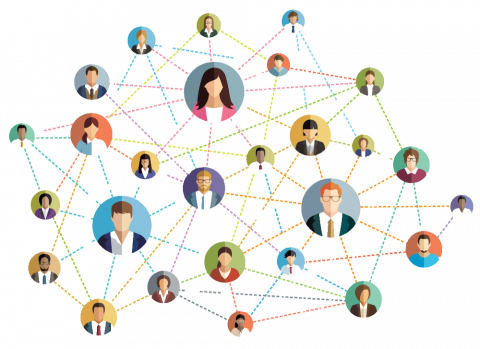“It's a great opportunity to work with others, as a sort of social service. And it's a great way to mingle with different people and groups of people. Sometimes all people need is some encouragement and support. Give it a go!"

The importance of being online was magnified in the period of social isolation brought about during the Covid-19 pandemic. Supporting someone remotely as a ‘Remote Digital Champion’ enables you to reach and help people who need it. Your support can make a massive difference. You'll be giving them new ways to manage their day-to-day life but also opening the door to an exciting new online world.
This guide is the first in our series of guides about how to be a Remote Digital Champion and this first one will get you thinking about how and who you can help, and how to go about finding them.
Could you be a Remote Digital Champion?
If you are enthusiastic about helping others and know how to use a computer or smartphone to do basic tasks, then you would make a great Remote Digital Champion. Many people learn best from other people in who are in a similar situation to them, as they are able to offer support in a personalised, caring and empathic way.
The personalised approach that a Remote Digital Champion can offer allows you to:-
- Offer a friendly ear.
- Do personalised research on someone’s specific needs.
- Be encouraging by sharing your own experiences.
- Learn alongside those you are helping.
"My digital skills are better than I thought. Being able to support those in need in this time of crisis has made a difference to peoples' lives."
How can you help?
Remote Digital Championing is a very flexible opportunity that you can adapt to your interests and availability. You can commit to it as much or as little as you'd like and you can also offer it as an additional service to people that you meet and help in other ways.
Here are just some ideas of the kinds of support activities you could offer:-
"It's exciting when your learner grasps something new. My learner now understands Google Docs and wants to write a book!"
Finding people to help
If you would like to find people to help beyond your friends and family, you will need to be proactive in approaching them and promoting yourself. When you are doing this, bear in mind who you would most like to help, remember that the people that need your help the most will be those that may not currently be online, and they may have serious worries about many aspects of being online. One big concern is often security. We have some really useful guides to online safety here.
When offering support it is important to be imaginative, make the potential learning sound as fun and useful to the learner as possible!
"I helped a local business to create a leaflet - just by sharing a YouTube video!"






